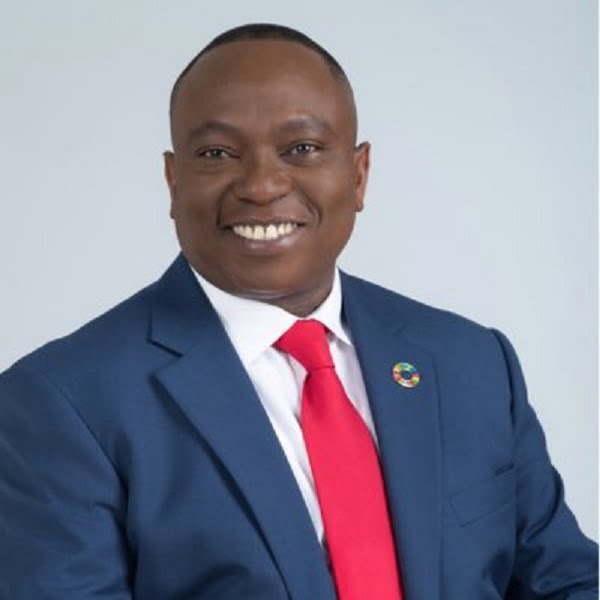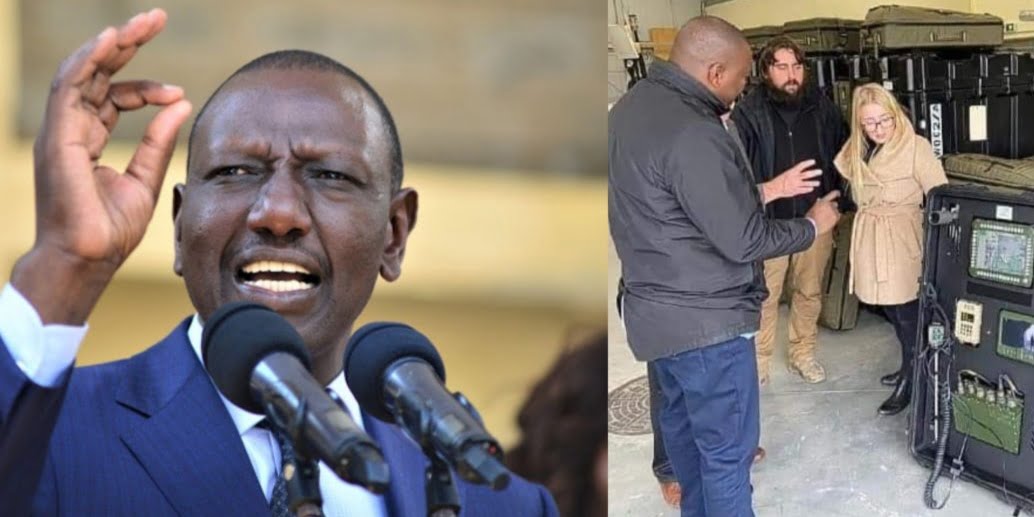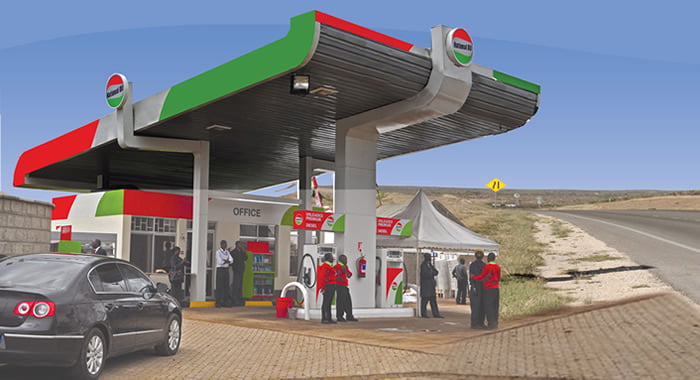Kenyan officials have broken their silence over allegations that officers deployed under the Multinational Security Support (MSS) mission in Haiti have not been paid.
Recent reports claimed that the officers threatened to resign due to months-long salary delays.
However, MSS spokesperson Jack Ombaka insists that the officers are paid on time, that no one has deserted the mission, and that the government has no plans to pull out.
So, what’s the real story behind the paycheck uproar?
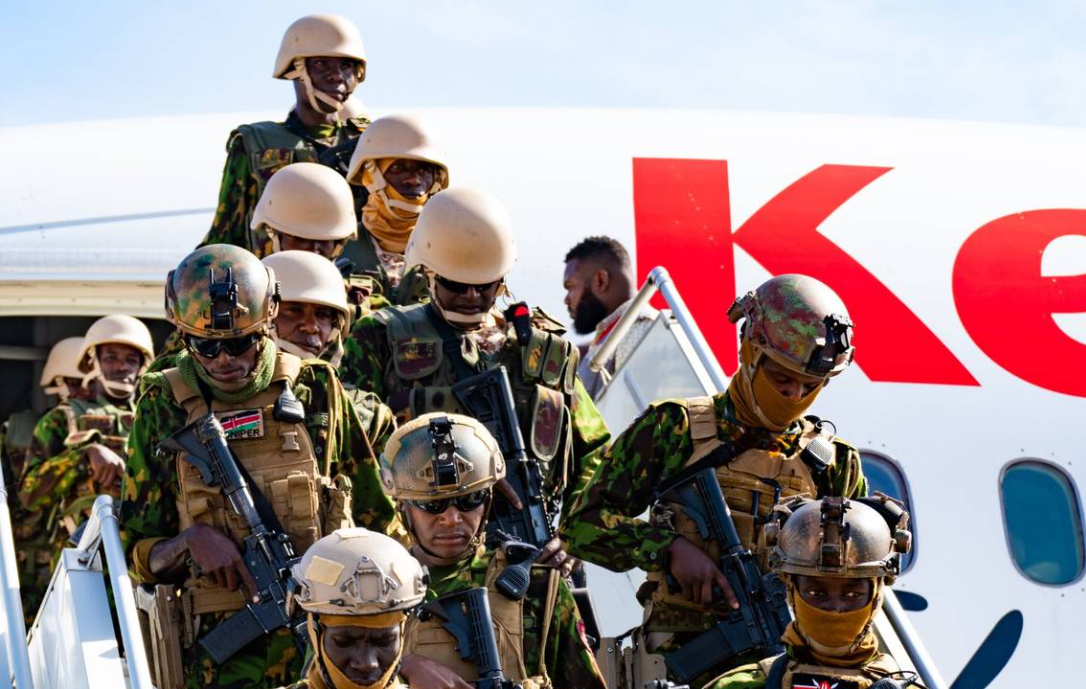
Inside the Multinational Security Support Mission in Haiti
The Multinational Security Support (MSS) mission in Haiti has attracted intense scrutiny. As Kenya leads the international effort to combat gang violence in the troubled Caribbean nation, concerns over the welfare of deployed officers have surfaced.
News outlets recently reported salary delays and the possibility of officers resigning. But the Kenyan government and MSS command say otherwise.
Jack Ombaka, MSS spokesperson, has publicly denied all claims suggesting discontent among the officers over wages. Speaking on NTV, Ombaka asserted that all officers under the MSS mission have received their salaries and allowances in full.
He emphasized that none of the officers have resigned or deserted their duty. According to Ombaka, the delays that had occurred in the past were due to standard international financial processes.
“The money is sent from Washington to Kenya, and the banks and government systems involved naturally take time,” he explained. But as of now, he confirmed, all the officers have received both their daily subsistence and monthly allowances.
He also revealed that the allowances include disbursements to the families of the officers back in Kenya. “If you ask those who’ve been on missions in other countries, they’ll tell you this one is among the best managed,” he added.
Welfare Measures and Tech Infrastructure
The Kenyan government has made significant efforts to keep morale high. Ombaka detailed how they have equipped the officers with modern communication infrastructure, including reliable WiFi and other amenities, allowing them to stay in contact with their families.
He emphasized that the mission was more than just a security operation—it was a humanitarian intervention. “Our presence here was God-sent,” he said. “The situation in Haiti would be worse without our help.”
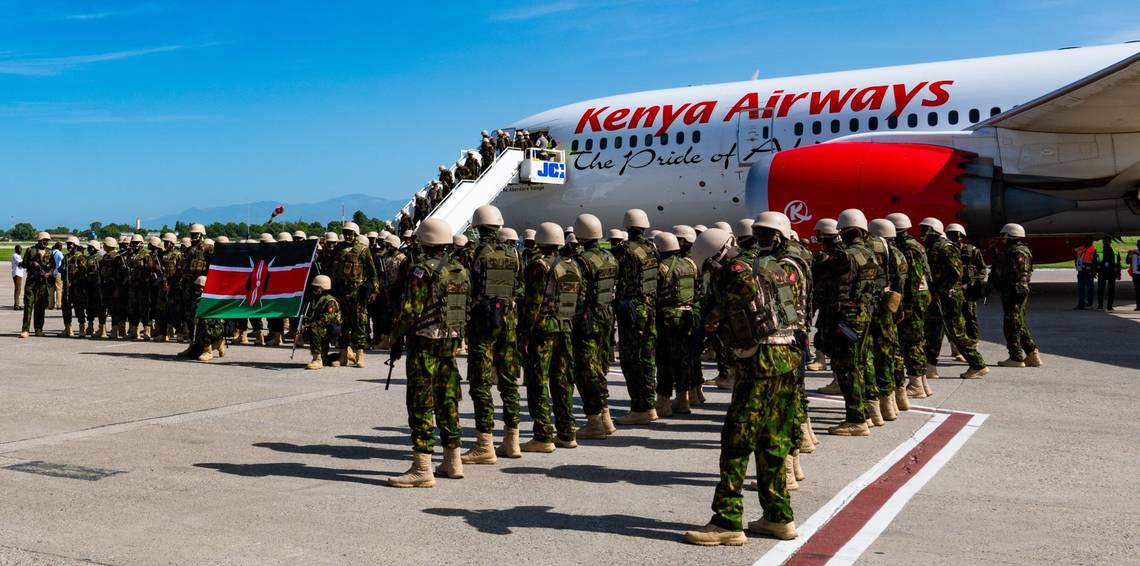
Violence, Protests, and Media Misinformation
Despite Ombaka’s assurances, tension in Haiti remains high. Last December, media outlets, including Citizen TV, reported that some Kenyan officers threatened to resign over unpaid wages.
These reports gained traction after footage emerged of protests in Haitian cities where demonstrators demanded an end to gang control.
Protesters marched through Port-au-Prince with machetes and palm leaves, signaling anger and desperation.
Schools and businesses shut down. The chaos intensified after a Kenyan officer was reportedly killed during a clash with gang members.
Ombaka dismissed any claims of a growing rift between the Kenyan officers and the Haitian people. He called the media reports “misleading” and reiterated that the mission is focused on restoring peace and building strong community relations.








































